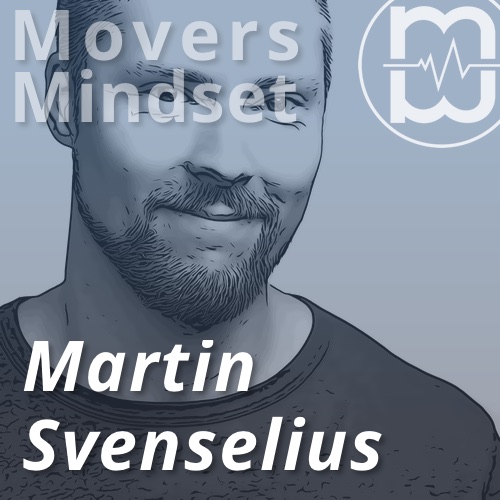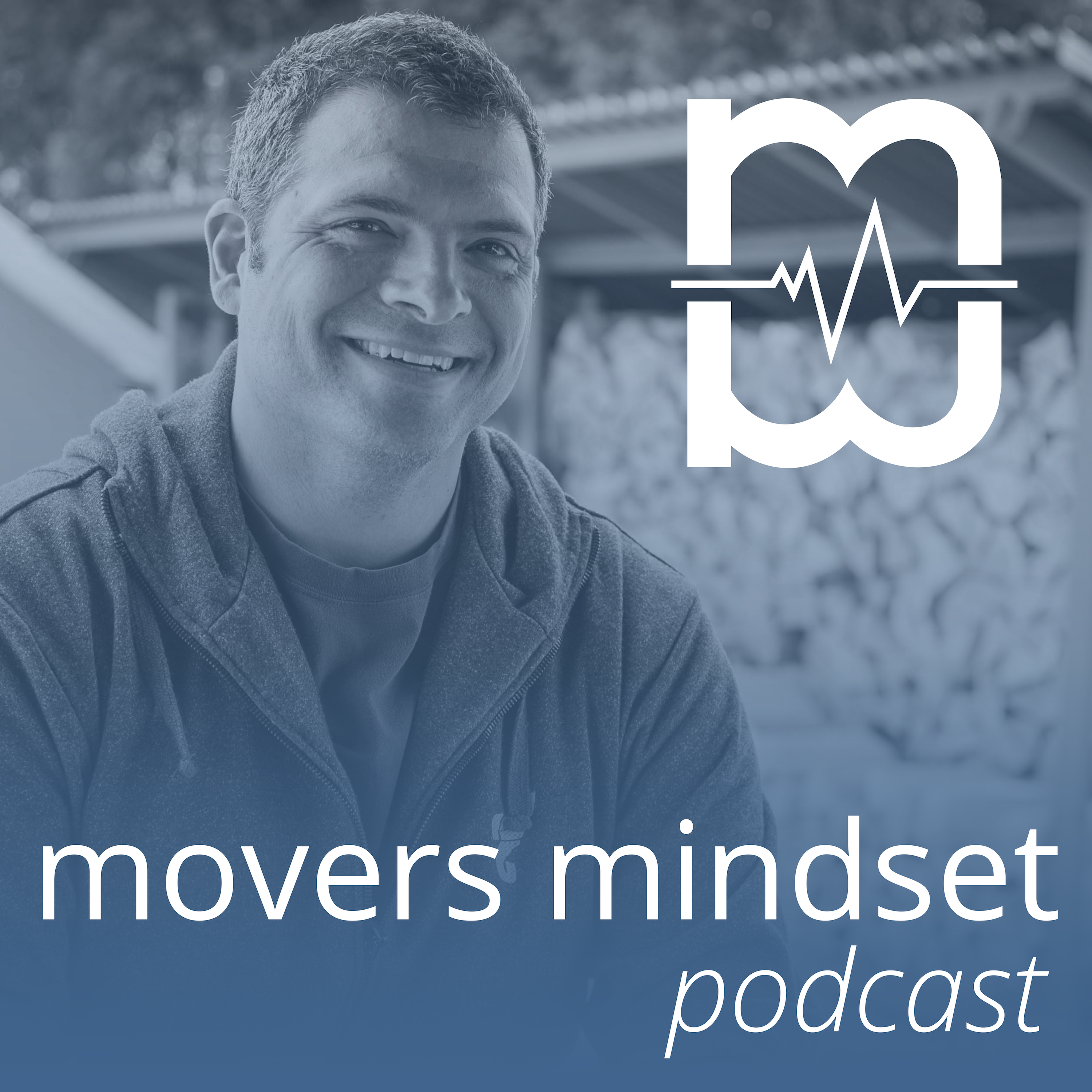We can't find the internet
Attempting to reconnect
Something went wrong!
Attempting to reconnect

Access AI content by logging in
How does having a “still mind” and striving for silent movement help to foster self-direction?
Martin Svenselius is an experienced mover who has been teaching and practicing physical movement for 15 years. He encourages others to find their own self-directed movement practice and recognizes the importance of balancing work and play. He uses tools such as offering options and scalability, setting goal-oriented exercises, and having a “still mind” to help others in their journey.
Martin's movement journey began in 2005 when he and a group of friends started exploring parkour without any knowledge or understanding of its philosophy. As he was one of the older members of the group, Martin quickly became a leader and people started to ask him questions and look to him for advice.
This quickly grew into a business, with Martin teaching multiple classes per week and dedicating much of his time to the movement practice. He found that this left him with very little time to dedicate to his own personal practice, which he found to be both mentally and physically taxing.
When it comes to teaching, Martin has realized that the key is to focus on function and movement, rather than specific equipment. He encourages his students to observe how they move, how they interpret his instructions and how they can build on that to make their movements faster, quieter or more efficient.
At the end of the day, Martin has realized that balance is essential to any successful movement practice. He believes that it is important to understand the differences between being a follower and a self-directed leader, and to be mindful of the importance of dedicating time to one's own practice. By finding the right balance between work and play, Martin believes that anyone can benefit from the joy of movement.
Self-direction is an important skill to foster in any individual, whether it be in a western or a non-western context. Self-direction involves being able to take initiative, recognize what is possible, and take action to achieve goals. To help people become self-directed, Martin has a few tools he uses in his practice.
The first tool is to offer options and scalability. Martin acknowledges that the class he teaches can range from beginners to advanced students, so it is important to give everyone the ability to choose their level of difficulty and challenge. This helps to foster self-direction, as people can recognize the choices available to them and decide what is best for them.
The second tool Martin recommends is to set goal-oriented exercises. While offering options and scalability is important, goal-oriented exercises can help people learn to think in a self-directed way. This encourages people to take initiative and strive for the goal.
In addition to these tools, there are certain skills that are important for people to possess in order to become self-directed. This includes creativity, the ability to explore, the willingness to try things, and the ability to ask questions. It is also important to be able to challenge yourself and set difficult yet achievable goals.
Finally, Martin recommends having a “still mind” while engaging in physical activities. This means keeping a calm and focused mind, even when the physical activity is challenging. It is also important to be consistent in your practice and to strive for silent movement, as this will help to foster self-direction.
In conclusion, self-direction is an important skill to foster in any individual, and Martin has a few tools he uses to help people become self-directed. These include offering options and scalability, setting goal-oriented exercises, and possessing certain skills such as creativity and the ability to challenge oneself. Additionally, Martin recommends having a “still mind” and striving for silent movement while engaging in physical activities.
--- Hello, I'm Craig Constantine. 👋
In the Movers Mindset podcast, I talk with movement enthusiasts
